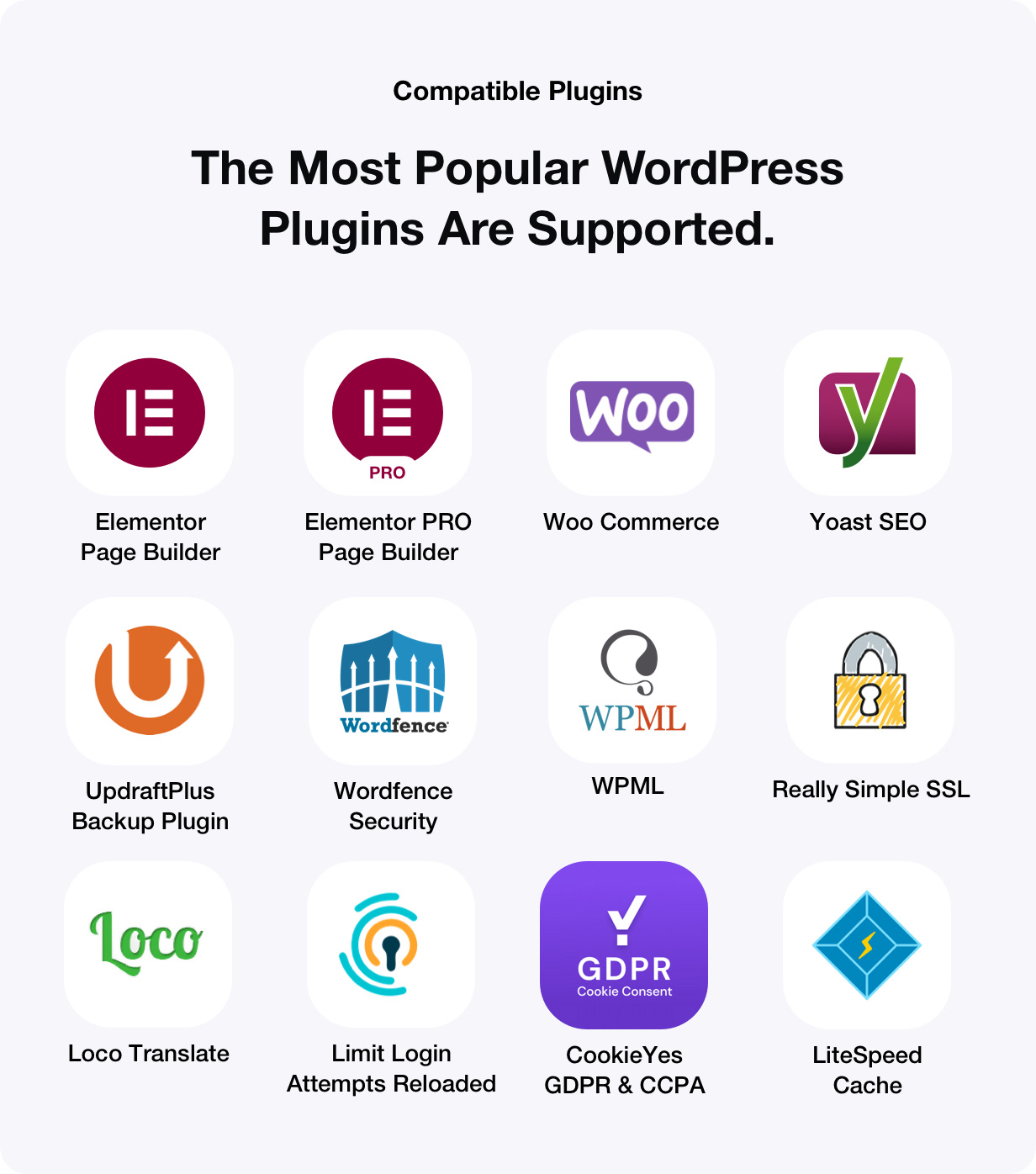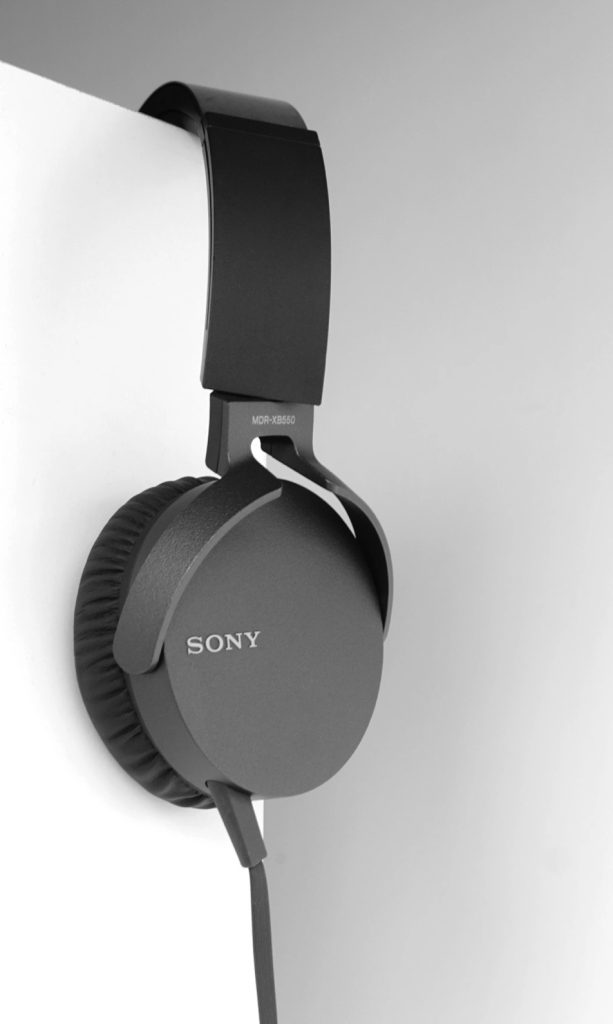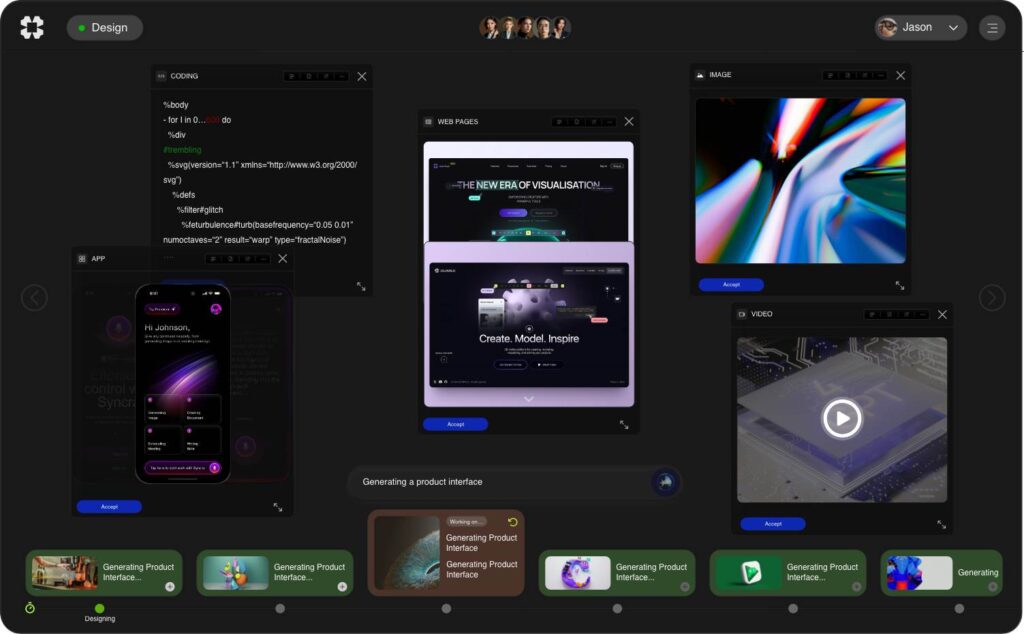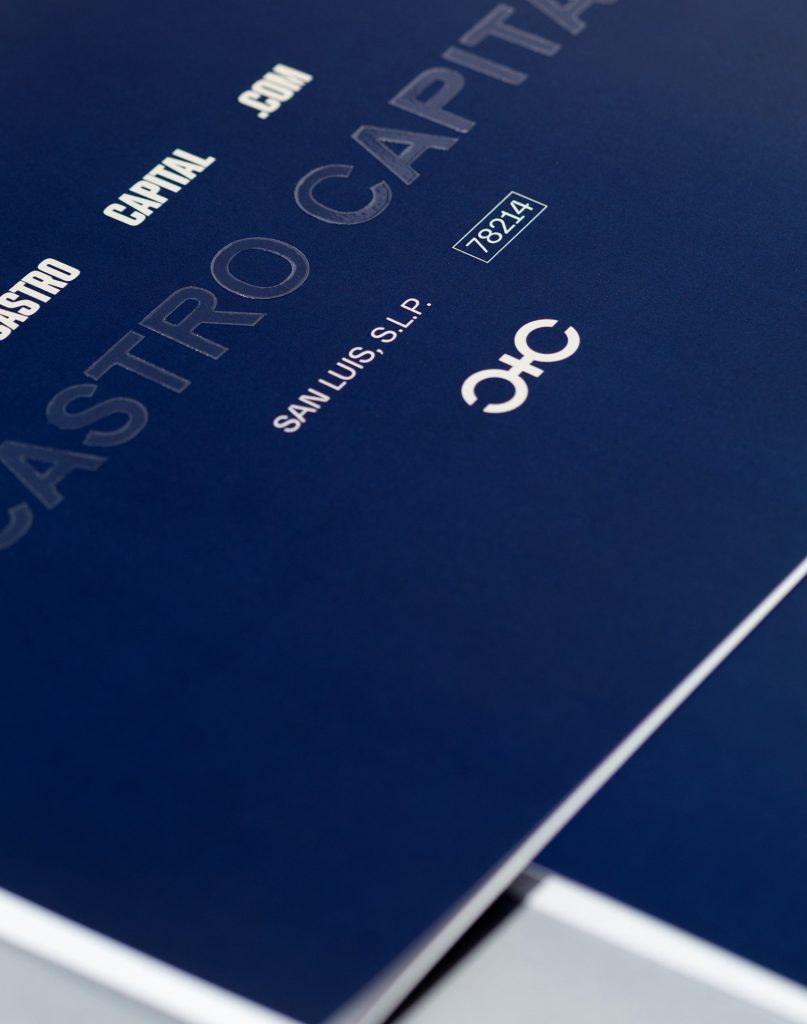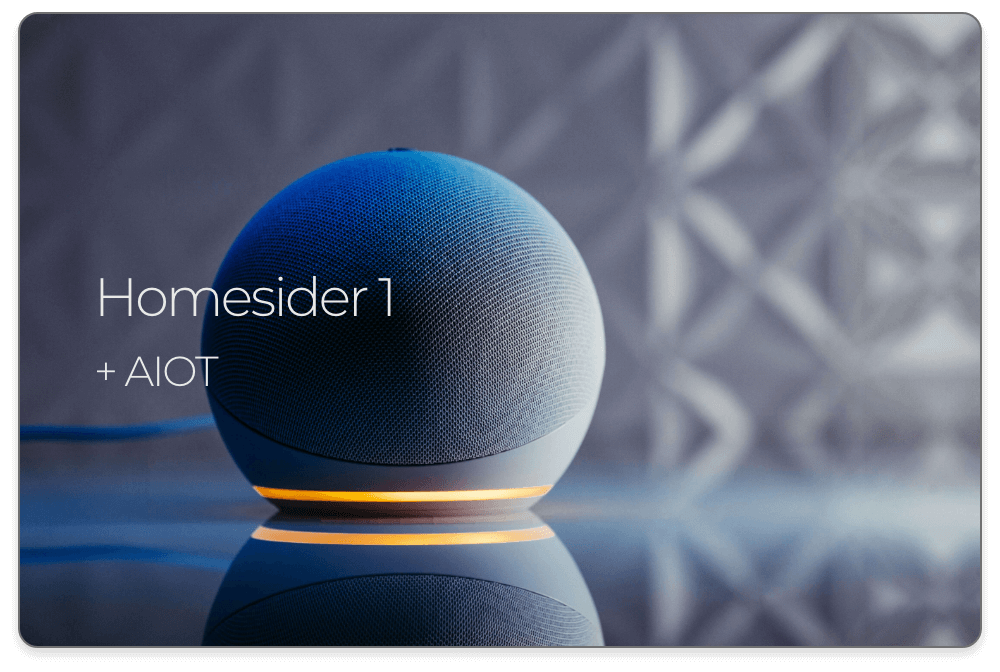In recent years, personal AI assistants have become an integral part of our daily lives, seamlessly integrating into various operating systems (OS) and consumer electronics. From smartphones to smart home devices, these AI-driven tools are revolutionizing how we interact with technology. This article explores the latest trends, industry applications, and technical insights surrounding personal AI assistants in operating systems, particularly focusing on AIOS (Artificial Intelligence Operating Systems) in consumer electronics and their implications for business intelligence.
.
**Understanding Personal AI Assistants in Operating Systems**
Personal AI assistants are software agents that utilize artificial intelligence to perform tasks and provide services to users. These assistants can understand natural language, learn from user interactions, and automate routine tasks, making them invaluable in both personal and professional contexts. Operating systems have evolved to incorporate these assistants, enhancing user experience and productivity.
AIOS represents a new paradigm in operating systems, where artificial intelligence capabilities are embedded at the core. This integration allows for smarter, more intuitive interactions between users and their devices, enabling a range of functionalities from voice commands to predictive analytics.
.
**Trends in AIOS for Consumer Electronics**
The consumer electronics market is witnessing a significant shift towards AIOS, with major tech companies investing heavily in developing advanced personal AI assistants. For example, Apple’s Siri, Google Assistant, and Amazon’s Alexa have become household names, each offering unique features and capabilities.
One of the most notable trends is the rise of voice-activated devices. According to a report by Statista, the global smart speaker market is projected to reach 400 million units by 2024 (Statista, 2023). These devices are not only used for playing music or setting reminders but also for controlling smart home systems, making purchases, and providing real-time information. The integration of AIOS in consumer electronics allows for a more cohesive ecosystem, where devices communicate and collaborate to enhance user experience.
Moreover, the personalization of AI assistants is becoming increasingly important. Users expect their personal AI assistants to understand their preferences and habits, leading to a more tailored experience. Companies are leveraging machine learning algorithms to analyze user data and improve the accuracy and relevance of their assistants’ responses. This trend is evident in the development of features like customized news feeds, personalized shopping recommendations, and proactive task management.
.
**AIOS for Business Intelligence: A Game Changer**
In the realm of business intelligence, AIOS is proving to be a game changer. Organizations are increasingly adopting AI-driven solutions to analyze vast amounts of data and derive actionable insights. Personal AI assistants integrated into business operating systems can automate data collection, perform advanced analytics, and generate reports, significantly reducing the time and effort required for decision-making.
For instance, platforms like Microsoft Power BI and Tableau are incorporating AI capabilities to enhance data visualization and predictive analytics. These tools allow users to ask questions in natural language and receive instant insights, making data analysis more accessible to non-technical users. According to a report by Gartner, by 2025, 70% of organizations will be using AI to augment their business intelligence processes (Gartner, 2023).
Furthermore, AIOS can facilitate collaboration among teams by streamlining communication and project management. Personal AI assistants can schedule meetings, send reminders, and even summarize discussions, ensuring that everyone is on the same page. This level of automation not only improves efficiency but also allows employees to focus on more strategic tasks.
.
**Technical Insights: The Backbone of AIOS**
The technical foundation of AIOS is critical to its success. Natural language processing (NLP), machine learning, and data analytics are some of the key technologies that power personal AI assistants. NLP enables these assistants to understand and interpret human language, allowing for more natural interactions. Machine learning algorithms help assistants learn from user behavior and improve their performance over time.
Another essential component is cloud computing. Many personal AI assistants rely on cloud-based services to process data and deliver real-time responses. This architecture allows for scalability and flexibility, enabling assistants to handle a growing amount of data and user requests. For instance, Amazon Web Services (AWS) and Google Cloud Platform (GCP) provide the infrastructure needed to support the complex computations required for AIOS.
Security and privacy are also paramount in the development of AIOS. As personal AI assistants collect and analyze sensitive user data, ensuring robust security measures is essential. Companies are implementing encryption, access controls, and data anonymization techniques to protect user information and maintain trust.
.
**Industry Use Cases: AIOS in Action**
Several industries are already leveraging AIOS to enhance their operations and improve customer experiences. Here are a few notable use cases:
1. **Healthcare**: Personal AI assistants are being used to streamline patient management and improve healthcare outcomes. For example, AIOS can help schedule appointments, send medication reminders, and provide personalized health recommendations based on patient data.
2. **Retail**: In the retail sector, AIOS is transforming the shopping experience. Retailers are using AI assistants to analyze customer preferences and behavior, enabling personalized marketing campaigns and targeted promotions. Additionally, chatbots powered by AIOS are enhancing customer service by providing instant responses to inquiries.
3. **Finance**: Financial institutions are utilizing AIOS to enhance their analytics capabilities and improve fraud detection. Personal AI assistants can analyze transaction patterns, identify anomalies, and alert users to potential fraudulent activities in real-time.
4. **Education**: In the education sector, AIOS is facilitating personalized learning experiences. AI-driven platforms can assess student performance, recommend tailored learning resources, and provide real-time feedback, helping educators better support their students.
.
**Conclusion: The Future of Personal AI Assistants in OS**
The integration of personal AI assistants into operating systems is reshaping the landscape of consumer electronics and business intelligence. As AIOS continues to evolve, we can expect even more sophisticated features and capabilities that will further enhance user experience and productivity.
The trends and innovations discussed in this article highlight the transformative potential of AIOS across various industries. As organizations and consumers alike embrace these technologies, the demand for personal AI assistants will only continue to grow.
In conclusion, the future of personal AI assistants in operating systems looks promising, with advancements in AI, machine learning, and cloud computing paving the way for a more intelligent and connected world. As we move forward, it will be essential for companies to prioritize security and privacy while harnessing the power of AIOS to drive innovation and improve lives.
.
**Sources:**
– Statista. (2023). Global Smart Speaker Market Forecast.
– Gartner. (2023). Top Business Intelligence Trends for 2025.


